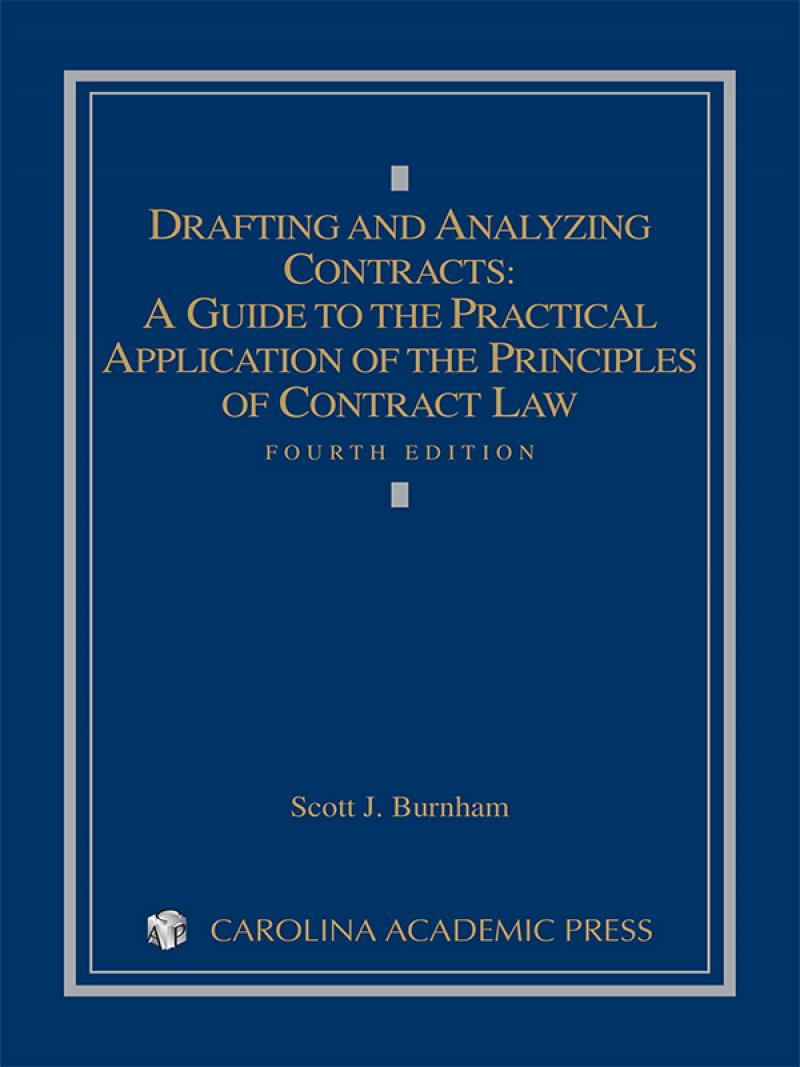Mastering Contract Drafting: Essential Guidelines for Precision
3 min read

Crafting Contracts with Precision: A Guide to Contract Drafting Guidelines
Effective contract drafting is a cornerstone of successful business relationships, ensuring clarity, mitigating risks, and fostering mutual understanding. In this guide, we explore essential contract drafting guidelines to enhance precision and reduce the potential for disputes.
Understanding the Parties and the Transaction
The first step in contract drafting is gaining a thorough understanding of the parties involved and the nature of the transaction. Clearly identify the entities entering into the contract, their roles, and the specific details of the transaction. This foundational understanding sets the stage for a comprehensive and tailored contract.
Defining Clear and Concise Terms
Clarity is paramount in contract drafting. Use clear, concise language to articulate the terms of the agreement. Ambiguity can lead to misunderstandings and disputes, so it’s crucial to express each provision in a manner that leaves no room for misinterpretation. Define key terms and concepts to avoid confusion.
Specifying Rights and Obligations
Clearly outline the rights and obligations of each party. Specify the actions, responsibilities, and performance expectations to leave no room for assumptions or disputes. A well-defined set of rights and obligations establishes a framework for accountability and guides the parties in fulfilling their contractual duties.
Including Contingency Plans and Remedies
Anticipating potential issues is a key aspect of effective contract drafting. Include contingency plans and remedies to address possible breaches or unforeseen events. Establishing a clear framework for dispute resolution and specifying remedies in case of non-compliance enhances the contract’s enforceability.
Ensuring Compliance with Applicable Laws
Contracts operate within a legal framework, and compliance with applicable laws is non-negotiable. Incorporate relevant legal requirements into the contract to ensure its validity. This may involve consulting legal experts to navigate specific regulations and industry standards applicable to the transaction.
Addressing Confidentiality and Non-Disclosure
In many contracts, confidentiality is a critical consideration. Clearly delineate confidentiality and non-disclosure provisions to safeguard sensitive information. Define the scope of confidentiality, the duration of the obligation, and the consequences of any breaches to protect the parties involved.
Drafting Clear Payment and Delivery Terms
For contracts involving transactions, payment and delivery terms require meticulous attention. Clearly state the payment schedule, methods, and any applicable interest rates. Similarly, define delivery terms, shipping responsibilities, and acceptance criteria to avoid disputes related to financial transactions.
Incorporating Termination and Exit Strategies
Contracts should include provisions for termination and exit strategies. Clearly outline the conditions under which either party can terminate the agreement and the procedures to be followed. This provides a roadmap for the parties to part ways amicably if necessary, minimizing potential legal conflicts.
Seeking Legal Review and Approval
Before finalizing any contract, it’s advisable to seek legal review and approval. Legal professionals can identify potential pitfalls, ensure compliance with the law, and provide valuable insights to enhance the document’s effectiveness. Collaborating with legal experts adds an extra layer of assurance to the contract drafting process.
For a comprehensive resource on Contract Drafting Guidelines, visit Great Blog About. Implementing these guidelines ensures that contracts are not just legal documents but effective tools for building successful business relationships.







